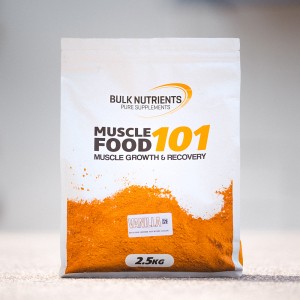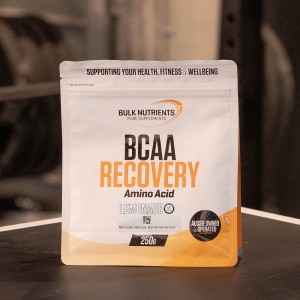What Should I Take After a Workout?
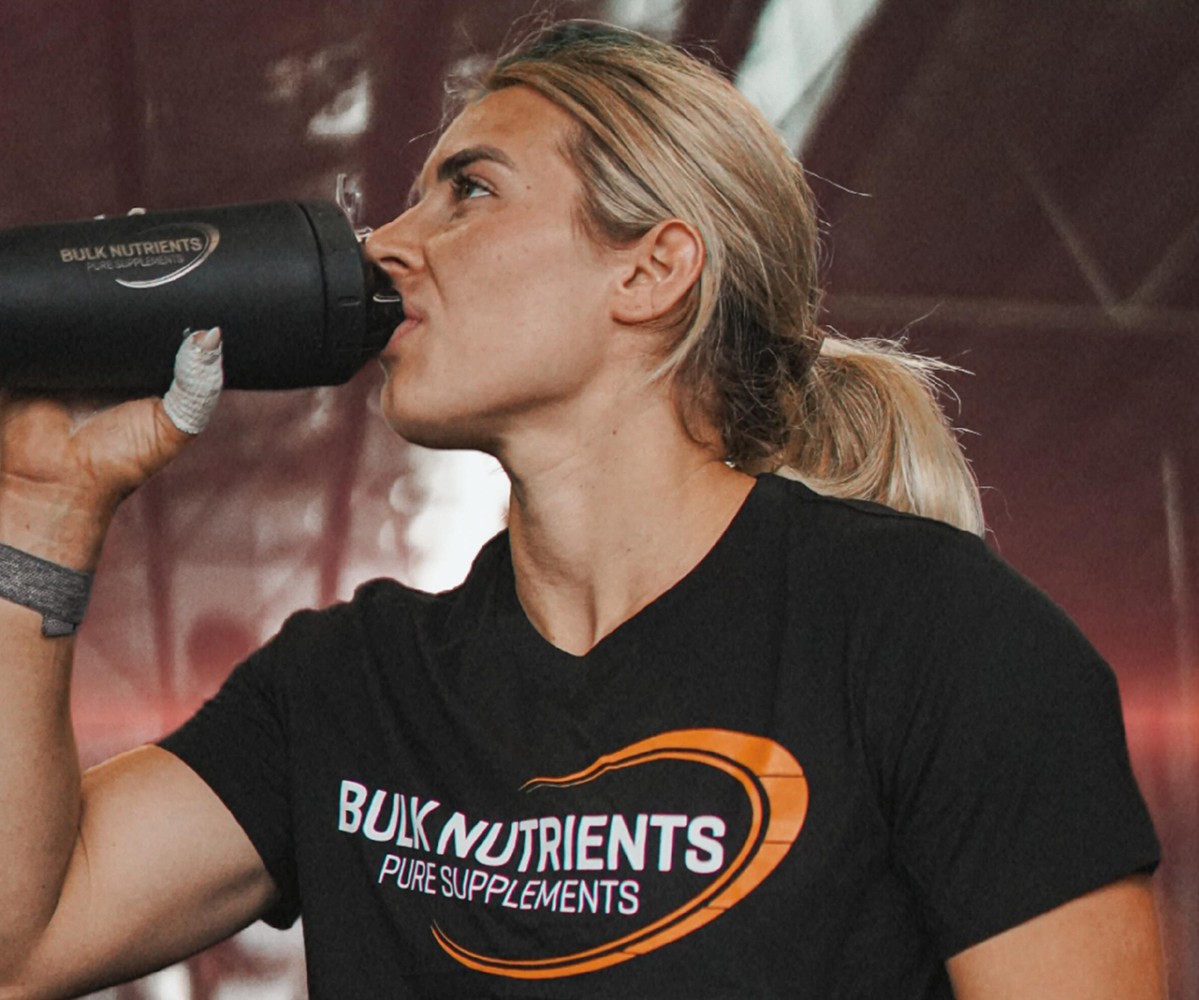
Getting the best return on your workout investment, maximising your results and helping your recovery all starts when you finish a workout. When you’re dedicated to your training and committed to results, you’ll know just how important post-workout nutrition and recovery protocols are for reaching your goals.
Best of all, being strategic about what you eat, drink and do after your workout is easy to do. It’s far easier than the mental willpower to get you into your gear and out the door, and easier the physical strength and stamina to complete your workout.
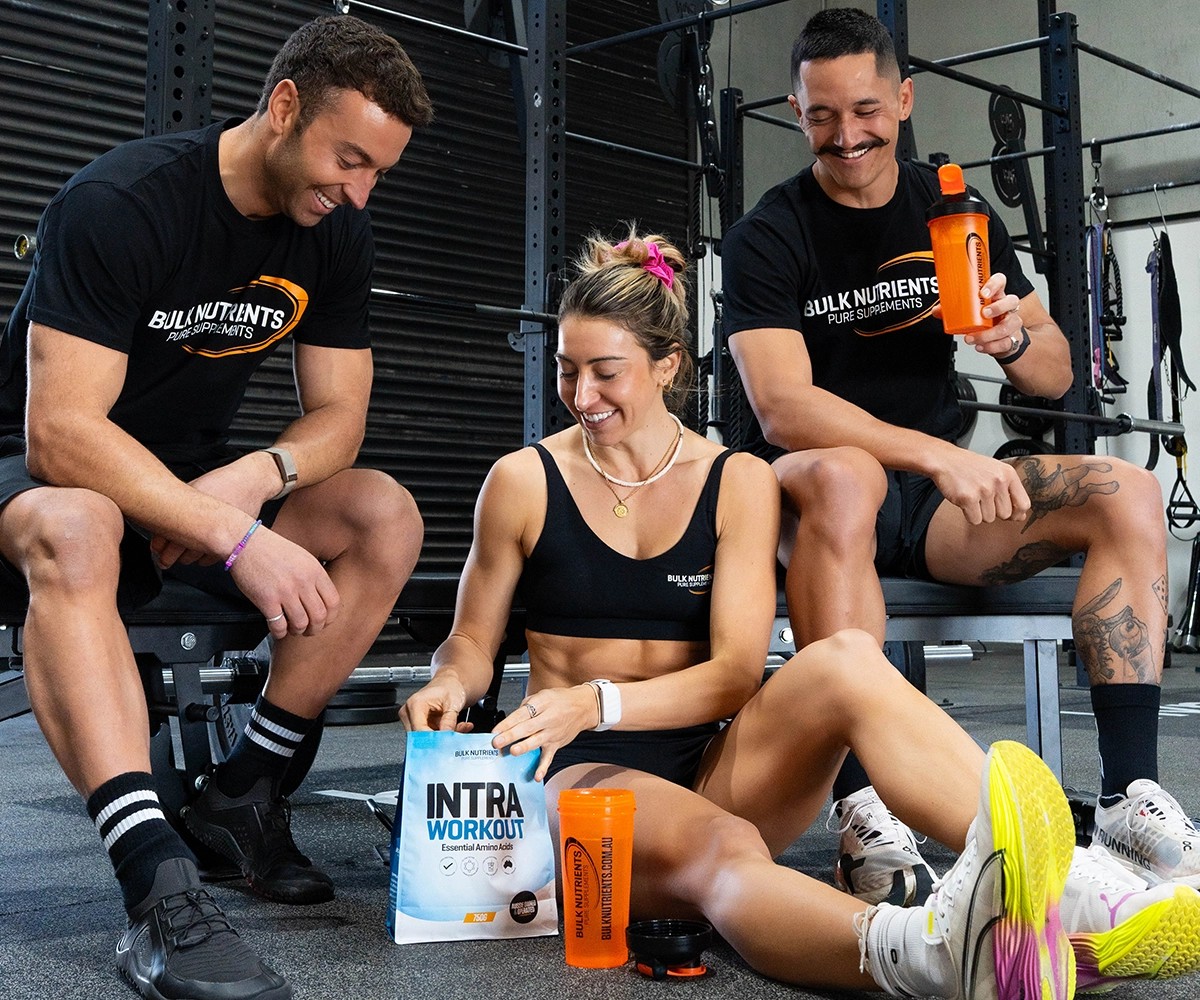
Why eating well and supplementing is so important after a workout
Let’s take a quick biology refresher on the science of working out.
Physical activity, whether it’s a weights session in the gym, a bodyweight session in your backyard, a fitness class or a run, means your muscles are breaking down glycogen particles, muscle proteins and freeing glucose molecules so that your muscles can contract and work. As explained in a recent Nutrition Reviews article, the more intense the activity, the faster glycogen is depleted.
“High-intensity activity, such as repeated sprinting, can quickly lower glycogen stores inactive muscle cells, even though the total time of activity might be relatively brief (eg, 10 × 30-s sprints with short recovery intervals). In comparison, an endurance athlete who trains for hours at a time will also experience a marked decline in muscle glycogen, although at a slower rate of degradation than the sprinter,” the authors wrote.
As soon as you finish exercising your body is focused on replenishing the stores of glycogen. That means eating the right nutrients relatively soon after you’ve completed your workout will give your body a helping hand in restoring glycogen levels and repairing your muscles.
The important takeaway from this: providing your body with the right nutrition post-workout kickstarts recovery and helps get you closer to those results you’re chasing, whether it's muscle gains, weight loss or improved endurance. Without good nutrition, your body is working overtime to restore its balance.
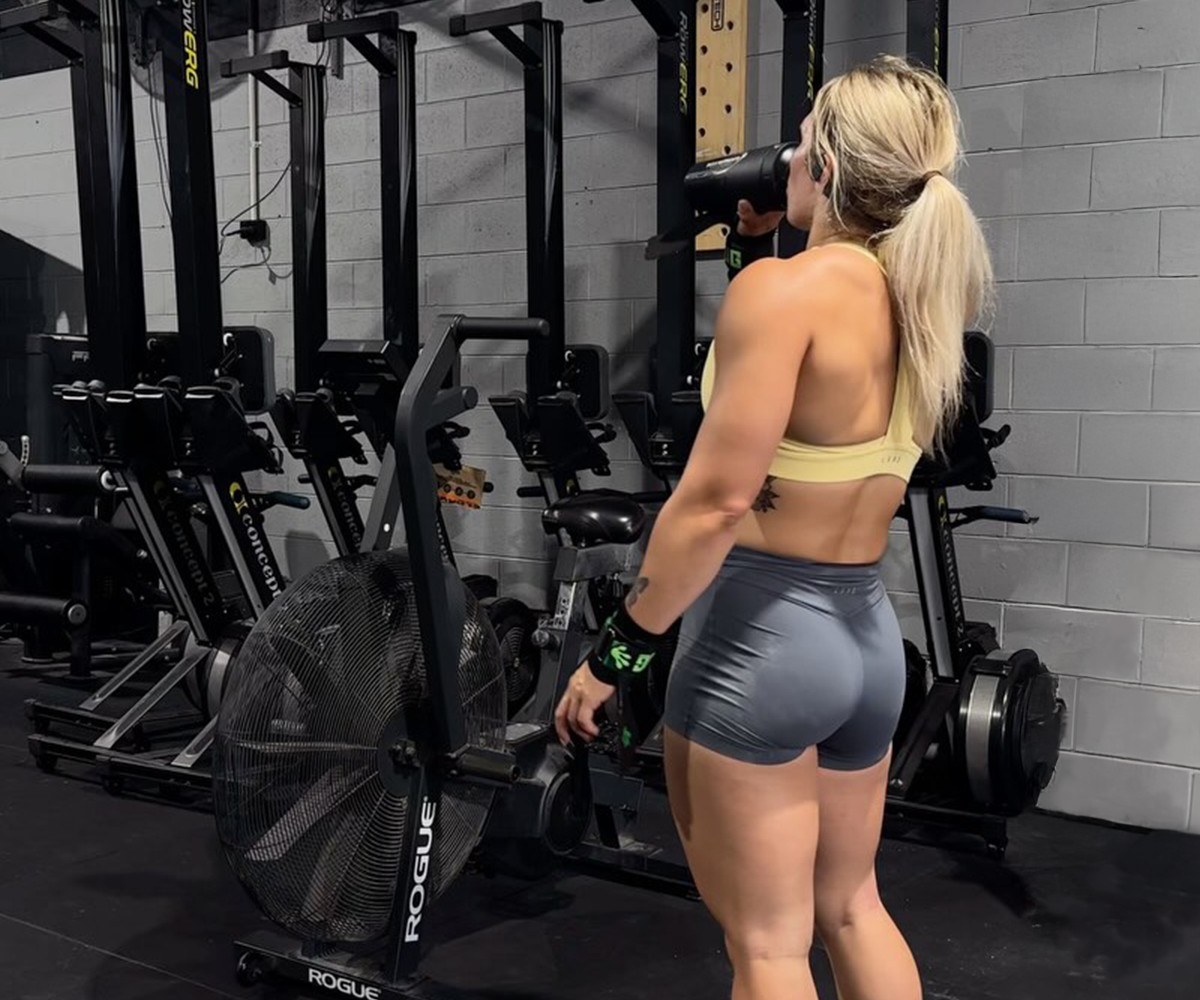
What do I need after a workout?
The short answer is protein if you’re looking to lose weight and protein and carbohydrates if you’re looking to bulk. And time is of the essence – most studies recommend consuming protein and carbs within 45 to 90 minutes after your workout has finished, other studies have found that replenishing your nutrients with supplements and food within four hours is sufficient for the best recovery.
One of the quickest and easiest ways to get in your protein and carbs after a workout is in shake form. Protein and carbohydrate powders for bulking are great options as they don’t need to be refrigerated, can be mixed easily with water. They’re easily added to shakers and water bottles so you can literally shake it up within seconds.
If you want carbohydrates mixed with your protein after your workout for a very convenient way to bulk after your workout, you can also find pre-mixed post-workout recovery powders like Muscle Food 101, which has a 2:1 ratio of carbs to protein and is recommended for people who struggle to gain muscle due to fast metabolism.
Finally, if you’re competing or training for endurance events, SportsFuel 101 a mix of proteins, carbs and amino acids has been proven to help with performance and recovery.
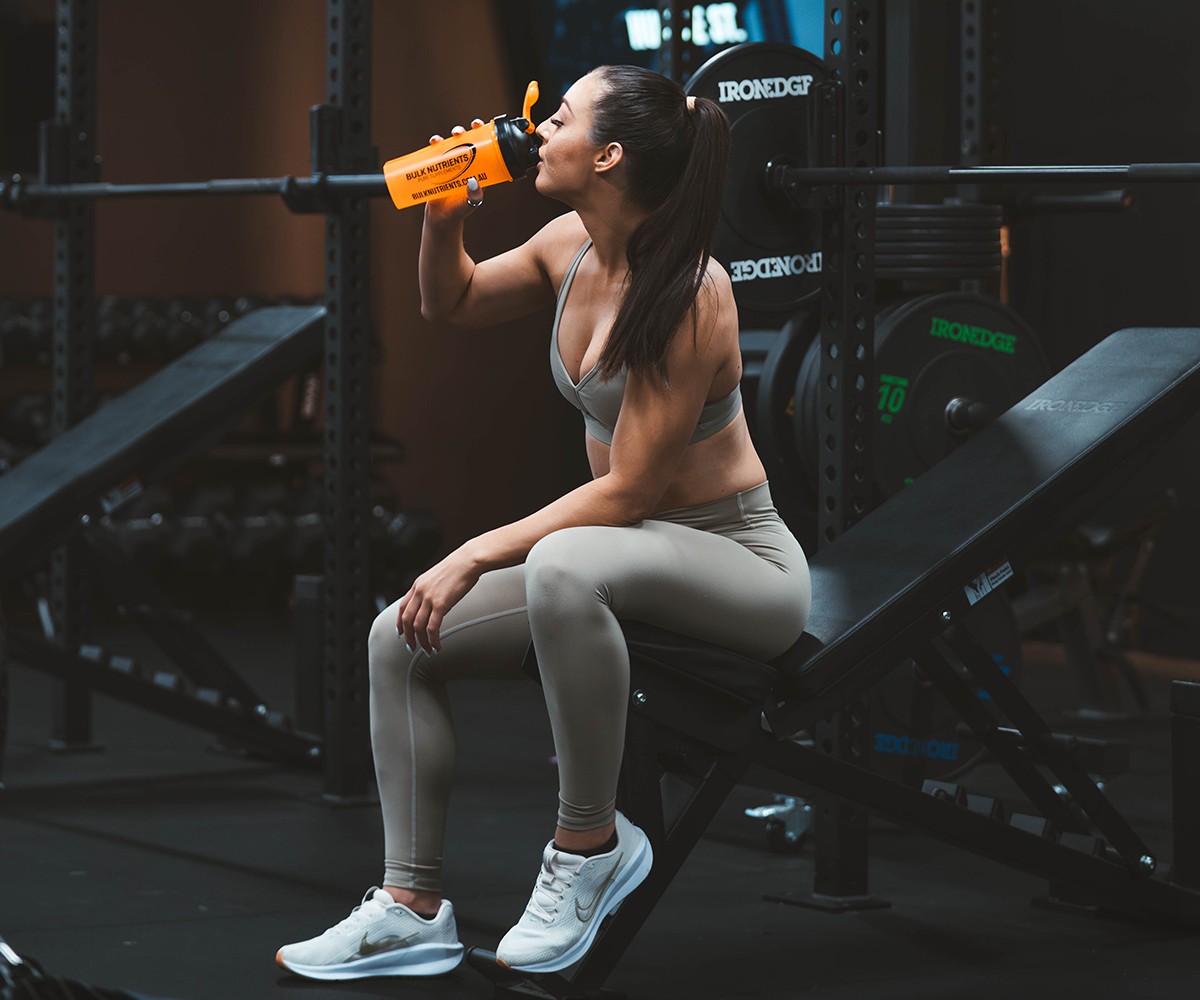
Why protein is important and timing is everything
According to Healthline, protein gives your body the amino acids to repair and rebuild proteins consumed by the body during your workout, these amino acids also work as “the building blocks required to build new muscle tissue”. The general recommendation is that consuming 20g to 40g of protein maximises your body’s ability to recover after exercise.
A 2018 article in the journal Frontiers in Nutrition said that protein is needed within an hour of exercise but it’s just as important to remember that it’s your total daily calorie intake, including protein, that matters for your results. Your post-workout supplement isn’t a silver bullet if the rest of your diet doesn’t serve you.
“Peri-exercise protein intake, particularly in the post-training period, plays a potentially useful role in terms of optimizing physical performance and positively influencing the subsequent recovery processes for both resistance training and endurance exercise.”
In other words, taking protein near to the time your exercise, but especially right after training, can help your performance while working out AND help you recover.
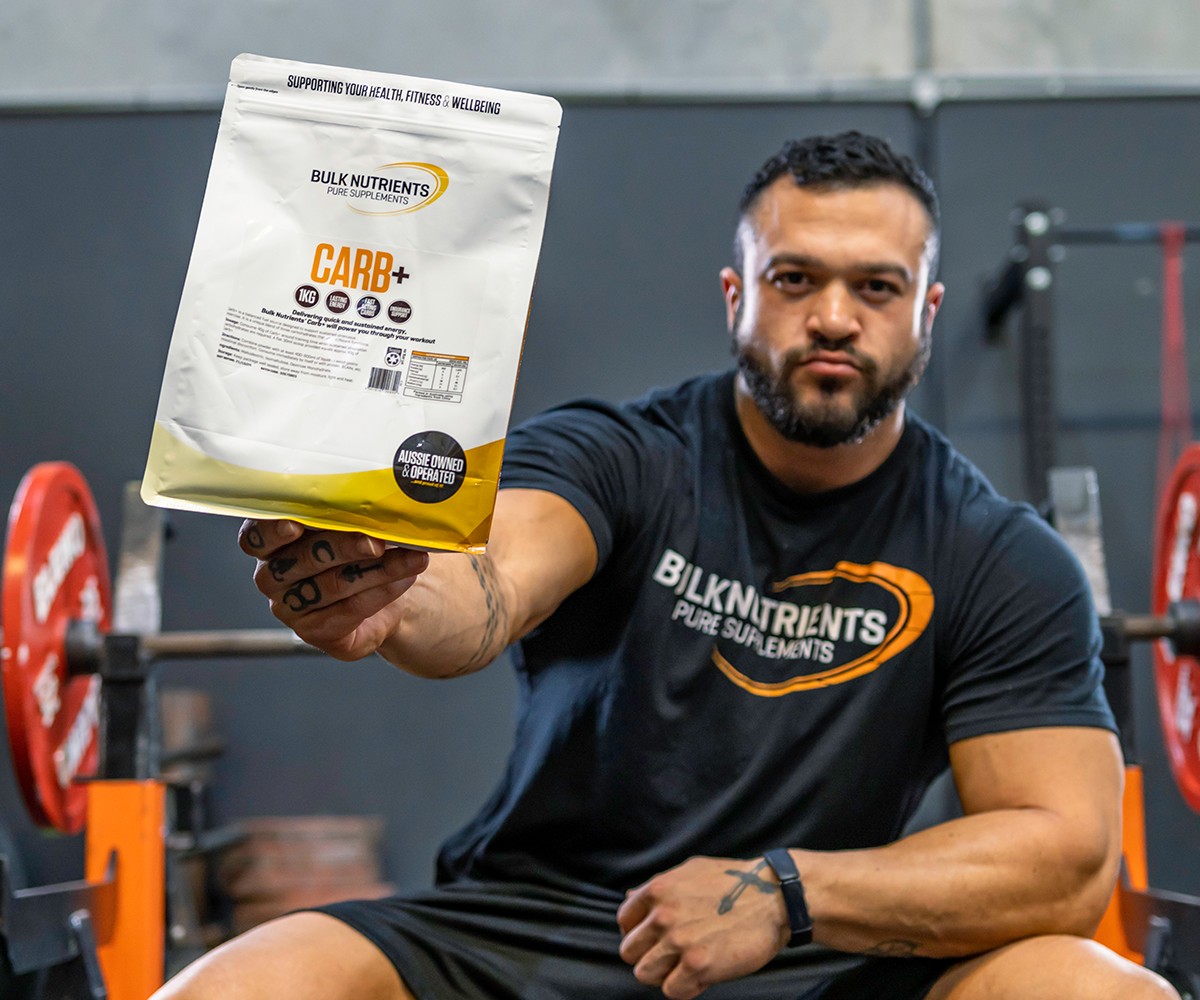
Why carbohydrates count after training
Remember, carbs are most important for frequent exercisers and for anyone whose goal is to increase muscle mass and size. Healthline adds: “Eating plenty of carbs to rebuild glycogen stores is most important for people who exercise often, such as twice in the same day. If you have 1 or 2 days to rest between workouts, then this becomes less important.”
A 2013 article in the Journal of the International Society of Sports Nutrition found that carbs are really only a priority for endurance athletes and the timing of carb consumption isn’t as precisely needed as protein. In fact, you can consume your carbs throughout the day without worry.
“Carbohydrate availability during and after exercise is of greater concern for endurance as opposed to strength or hypertrophy goals… (supporting) the broader objective of meeting total daily carbohydrate needs instead of specifically timing its constituent doses,” the authors reported.
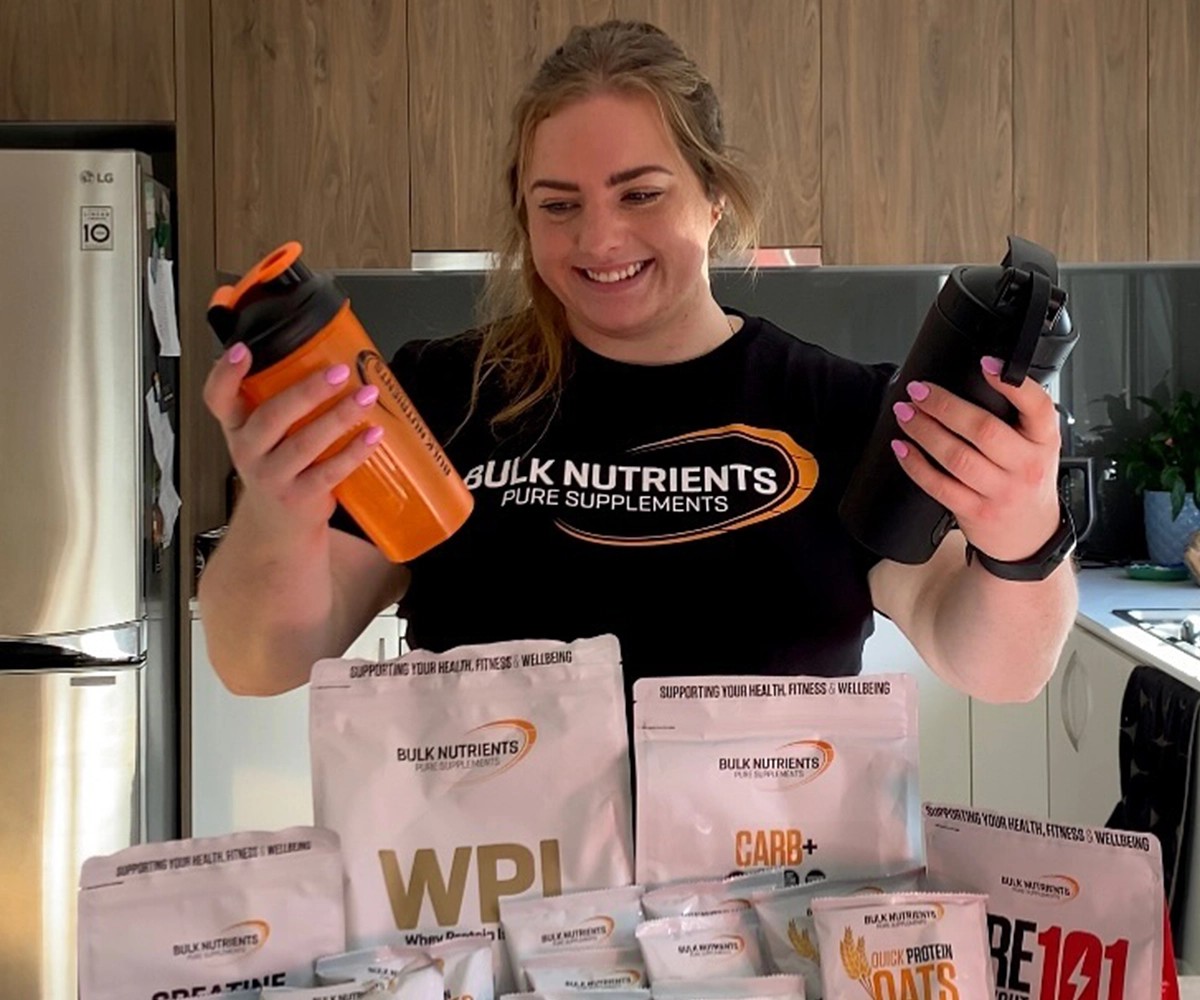
What should I eat after a workout?
Eating well after a workout is so important. You want your post-workout nutrition to enhance, rather than sabotage, all the hard work you’ve done physically. Making the right choices around foods after a workout will also increase your sense of wellbeing.
After all, according to an article published on Medium, eating well at any time will:
- Enhance your mood
- Increase your energy levels
- Reduce depression
- Improve your learning ability
- Increase your self-esteem
These are all benefits that align with exercise, so why not double down on the benefits of your workout and eat well afterwards too.

Real foods to eat after a workout
Like everything, what you choose to eat after your workout will depend on your general diet, preferences, any food allergies or intolerances and how you cope with eating after working out.
The experts at Sports Dieticians Australia say you should look for foods rich in quality carbohydrates to replenish muscles, contain a lean protein for muscle repair and choose a source of fluid for effective rehydration.
“There’s no one “best” option for what to eat after exercise. Dairy foods such as flavoured milk, smoothies or fruit yoghurt can be a great option as they can provide carbohydrate, protein, fluid and electrolytes ticking all of your recovery goals in one handy option,” they say.
According to your dietary requirements and food preferences, ideas could include:
- Lean chicken and salad roll
- Bowl of muesli with yoghurt and berries
- Fresh fruit salad topped with Greek yoghurt
- Spaghetti with lean beef bolognese sauce
- Chicken burrito with salad and cheese
- Small tin of tuna on crackers plus a banana
When choosing dairy after a workout, Healthline reports that whole milk products are more effective than skim dairy in promoting muscle growth – something to consider when reaching for milk or yoghurt.
Of course, one of the easiest ways to replenish protein after a workout is with a protein shake. Just one scoop of powder and cold water in your trusty shaker and you’ve got the perfect recovery supplement to make the most of your hard work.

Your foods to avoid after a workout
This one’s pretty easy. You’ll want to avoid foods that make you feel overly full or uncomfortable. If you’ve really pushed yourself during your workout, you don’t want to feel nauseous or sick because of what you ate afterwards.
You also want to avoid anything with empty calories that, while it might taste great, is just going to leave you to crash. Dietician Juliet Burgh told ClassPass that her top foods and drinks to avoid post-workout include:
- Soft drink – no nutritional benefit
- Fruit or vegetable juice – no fibre and definitely no protein
- Carbohydrates like bread, cakes or pastries – they’ll convert straight to sugar
- Cereal with milk – your carbs need protein.
And, finally, whether post-workout or at other times, avoid anything:
- Overly processed
- High in sugar
- High in saturated fat
- High in salt
Choose whole foods, full of nutrition and high in nutrients, and you’ll feel good before, during and after your workout – and in life, generally.

Supplements to fast track recovery
Aside from your protein powder and, if chosen, carbohydrate powder, other post-workout supplements will help you recover quickly. Talk with your health professional or contact us for more information about what the best post-workout supplements may be for you.
BCAAs
To help muscle synthesis (growth) and avoid Delayed Onset Muscle Soreness (DOMS), Branched Chain Amino Acids (BCAAs) can help, studies have shown. One such study, in the Journal of Sports Medicine and Physical Fitness, found BCAAs to be a “useful supplement” for muscle recovery.
“The Data show that BCAA supplementation before and after exercise has beneficial effects for decreasing exercise-induced muscle damage and promoting muscle-protein synthesis,” it reported.
L-Carnitine
The Swiss journal Nutrients found L-Carnitine helps boost recovery after exercise. In the review, L-Carnitine was found to assist in reducing the effects of muscle soreness after exercise, decrease oxidative stress and increase blood flow.
Also, for older people, it can help “mitigate age-related muscle loss”, as reported in Nutritional Outlook.
Glutamine
Glutamine is the most common amino acid found in muscles, so supplementing your diet post-workout can help prevent muscle wastage and improve muscle recovery. This is especially important for anyone restricting their calories to lose weight.
A 2019 review in Clinical Nutrition, which looked at clinical trials of glutamine supplementation, found that glutamine resulted in greater weight reduction in the athletes involved in the trial.
SportsFuel 101 – exclusive to Bulk Nutrients
For those who train in endurance events and looking for an intra and post-workout drink, SportsFuel 101 is a great option.
SportsFuel 101 has been designed and produced by Bulk Nutrients with your hard workout or endurance event in mind. Mixing one serve (40g) with 400-600mls of water and consume every one to two hours during your event, with a final dosage to be consumed as soon as the event is finished to help your recovery.
SportsFuel 101 is a blend of Maltodextrin, Dextrose Monohydrate, Hydrolysed Collagen Peptides (found separately in our Collagen Protein powder) and Branched Chain Amino Acids. This is the combination of proteins and carbs endurance-based athletes need for stamina and recovery.
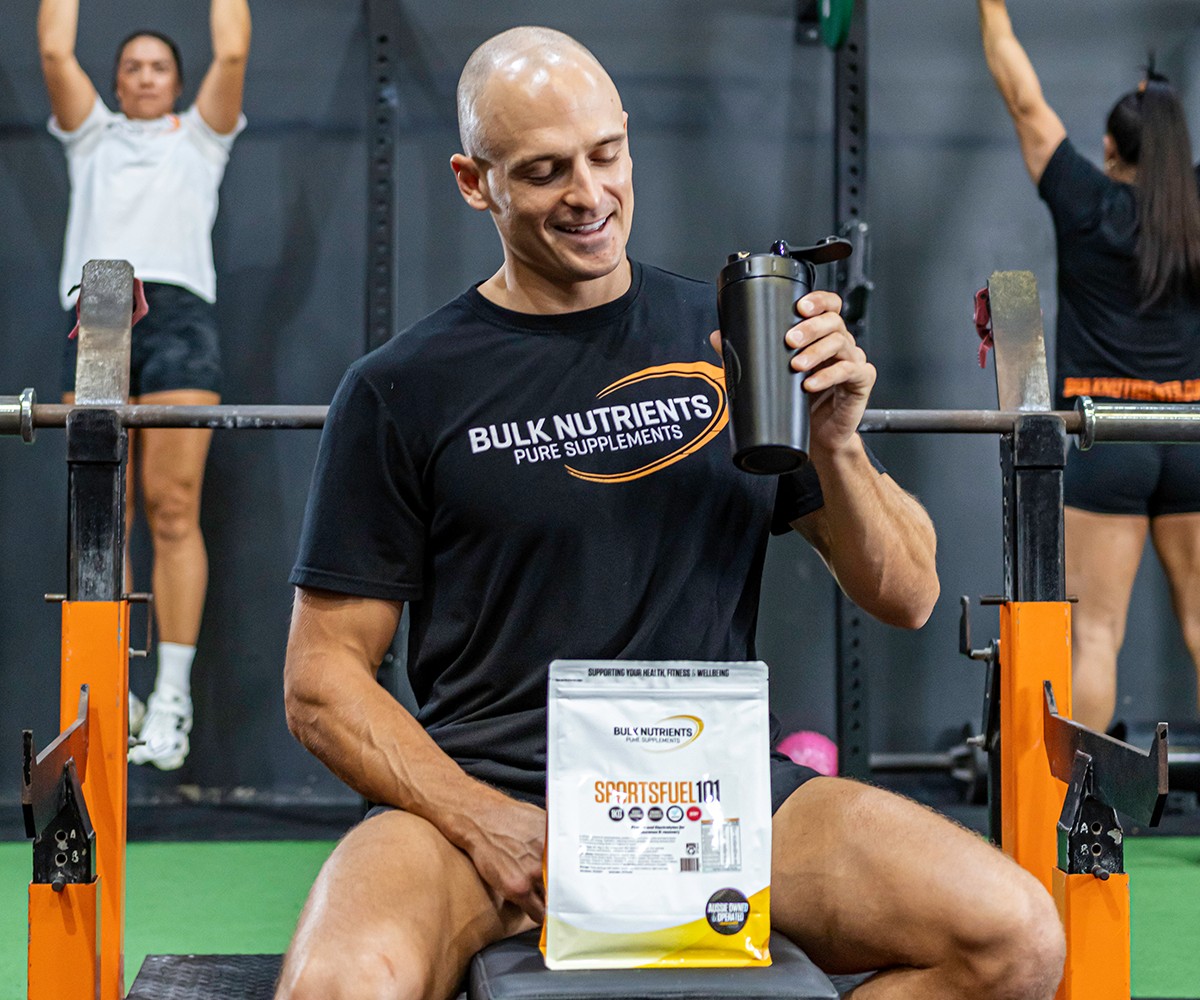
Take care physically, too – consider your resting, stretching and sleep
Of course, it’s not just about what you eat and drink post-workout that helps your recovery and your progress. Stretching, foam rolling and getting enough rest can all make a big difference, too.
On stretching, the science isn’t clear about its benefits post-exercise, but if you feel it helps there’s definitely no harm to it, according to this 2019 article in the newspaper The Guardian.
“Cooling down methods, including foam rollers, a sports massage or dry needling are worth investigating. If you experience any pain when stretching, stop, and consult your doctor or a physio if the pain is there the next day, and, more importantly, warm up more thoroughly next time.”
Meanwhile, the newspaper The Observer says sleep supercharges your recovery and adequate rest and a good night’s sleep are some of the most important tools in your post-exercise recovery arsenal.
“Sleep deprivation has been shown to cause slower reaction times, increased pain sensitivity, immune system suppression, greater susceptibility to colds, impaired motor learning and reduced concentration,” the article says.
In fact, some of the world’s top soccer clubs, including Real Madrid and Manchester United, take sleep so seriously they track shut-eye in their players, built sleep-pods at the training grounds and even count sleep coaches among their coaching staff.
“The most powerful recovery tool known to science is sleep,” says Christie Aschwanden, a former elite cross-country skier and science writer who has literally written a book the evidence of eating, sleeping and resting like a champion.
“It may sound boring, and few people get it right, but if athletes truly prioritise sleep they can see amazing benefits.”
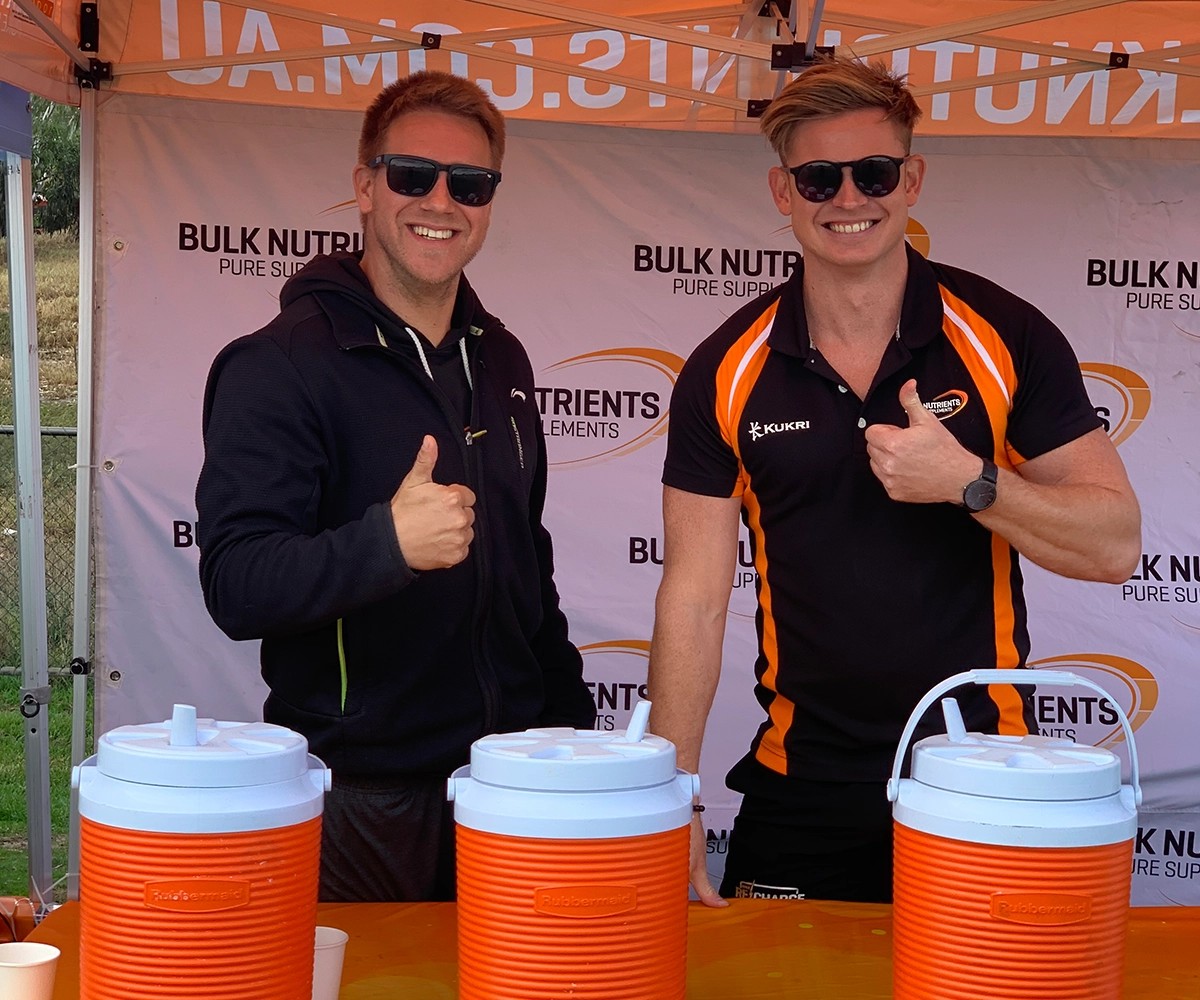
At Bulk Nutrients, we’re here to help
No matter what your goals are, at Bulk Nutrients, we’re here to support you. Whether you’re an experienced athlete or just starting on your fitness journey, contact us for your free sample, advice or any questions about our products.
Call us on 03 6266 4725, email info@bulknutrients.com.au, chat on our website or use our online contact form.

Ben Crowley, founder of Australia's top sports supplement brand, Bulk Nutrients, combines two decades of industry experience with a commitment to employee work-life balance and career growth.
A firm believer in quality, Ben founded Bulk Nutrients to provide affordable, high-quality products, even amid global challenges.
Apart from business, he enjoys family time, outdoor activities, and adrenaline-charged car projects.
More about Ben CrowleyReferences:
- Aragon, A. and Schoenfeld, B., 2013. Nutrient timing revisited: is there a post-exercise anabolic window?. Journal of the International Society of Sports Nutrition, [online] 10(1). Available at: Nutrient timing revisited: is there a post-exercise anabolic window?.
- Cintineo, H., Arent, M., Antonio, J. and Arent, S., 2018. Effects of Protein Supplementation on Performance and Recovery in Resistance and Endurance Training. Frontiers in Nutrition, [online] 5. Available at: Effects of Protein Supplementation on Performance and Recovery in Resistance and Endurance Training.
- Murray, B. and Rosenbloom, C., 2018. Fundamentals of glycogen metabolism for coaches and athletes. Nutrition Reviews, [online] 76(4), pp.243-259. Available at: Fundamentals of glycogen metabolism for coaches and athletes.
- Negro, M. Giardina, S. Marzani, B. Marzatico, F., 2008. Branched-chain amino acid supplementation does not enhance athletic performance but affects muscle recovery and the immune system. J Sports Med Phys Fitness. [online] 48(3), pp.347-351. Available at: Branched-chain amino acid supplementation does not enhance athletic performance but affects muscle recovery and the immune system.
- Ramezani Ahmadi, A., Rayyani, E., Bahreini, M. and Mansoori, A., 2019. The effect of glutamine supplementation on athletic performance, body composition, and immune function: A systematic review and a meta-analysis of clinical trials. Clinical Nutrition, [online] 38(3), pp.1076-1091. Available at: clinical nutrition journal.

